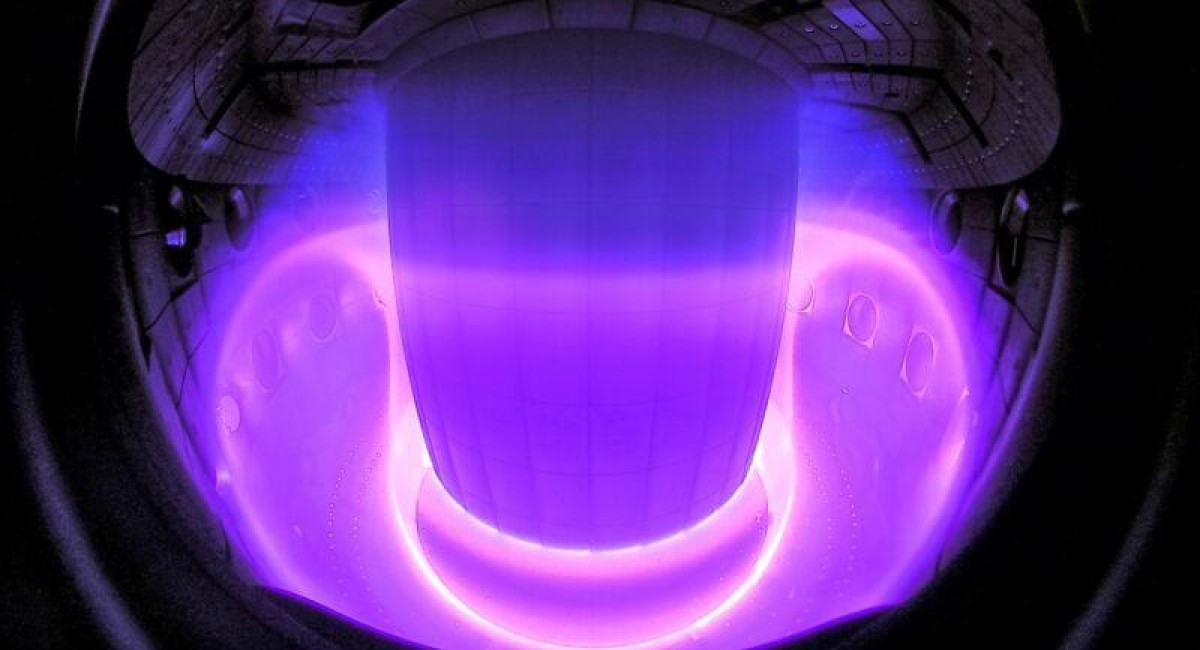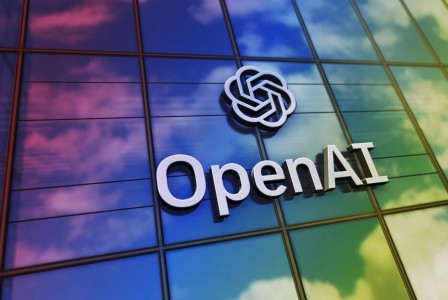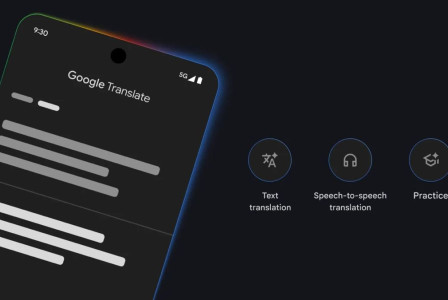SEARCH
DeepMind AI could control nuclear fusion reactors

SHARE IT
The solution to the energy problem seems to be nuclear fusion, which is why we have seen great achievements in this area in recent years, such as South Korea's "Artificial Sun" (KSTAR) and most recently the ITER (International) record. Thermonuclear Experimental Reactor). The latest is the project to build the largest fusion reactor in the world, which is still under development.
The various research teams are, of course, experimenting with lower-power reactors that have a similar design to test the materials to be used on a large scale (eg the walls surrounding the tokamak, the shape and position of the control magnets), but also for the software that will ensure the smooth operation at every step.
Especially for the piece of software, great care is required, since it must constantly monitor the state of the plasma contained in the fusion reactor and make appropriate adjustments of the magnets in real time. In case of error the result will translate into sharp drops of energy, which in turn leads to cessation of fusion and overflow of the plasma that may destroy the walls surrounding the reactor.
Somewhere here, then, is Google announcing that DeepMind Artificial Intelligence has been successfully trained in managing a tokamak of the Swiss Plasma Center at the EPFL (Lausanne). The tokamak is essentially a cylindrical chamber where a very strong magnetic field treats plasma flows at very high temperatures, so that the Hydrogen atoms fuse into a Helium atom and release energy. This SPC tokamak allows experiments to be performed in different conditions, so that researchers can find new ways to manage the plasma without the system collapsing.
According to Federico Felici, SPC researcher,
Our simulator was built after a study of 20+ years and is constantly updated. However, painstaking and lengthy calculations are required to arrive at the right parameters. That's why we joined forces with DeepMind.
DeepMind's Artificial Intelligence algorithm was trained on this system to calculate the correct configuration of the plasma in order to produce a certain amount of energy, but also the reverse process. In some phases, in fact, the algorithm performed real-time calculations for two different types of plasma at the same time.
Martin Riedmiller, head of DeepMind control, said:
Our team's mission is to study the next generation of Artificial Intelligence systems for closed loop control systems, which can be trained in complex and dynamically changing environments from the beginning. Real-world control of fusion plasma gives us fantastic and terribly challenging and complex possibilities.
MORE NEWS FOR YOU

 Help & Support
Help & Support 

